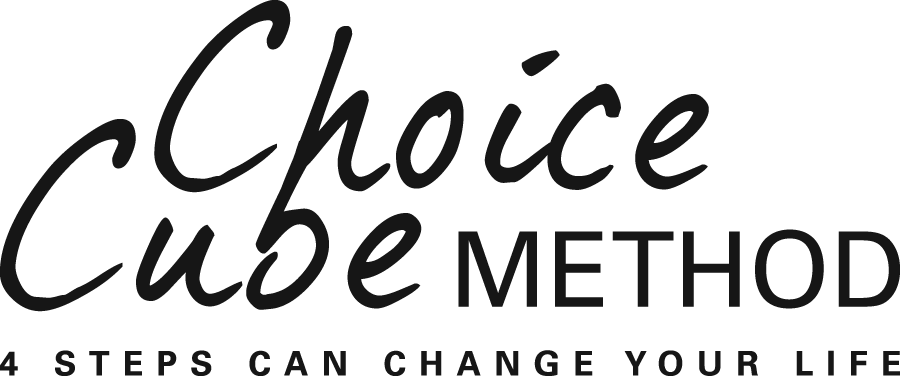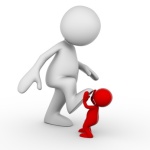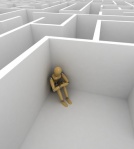"I Refuse To Be A Victim!” - Herman Cain
/I was fascinated to hear Herman Cain, Republican candidate for President, clearly state that he refuses to be a victim. Would you agree that the opposite of a victim is a victimizer? It’s true. And everyone is capable of becoming both a victim and a victimizer.
But a third option exists. We always have the choice to respond to people and situations as victims, victimizers, or as problem-solvers looking for a win-win solution.






